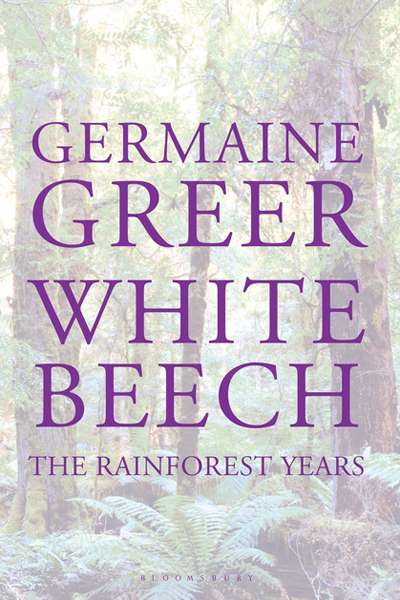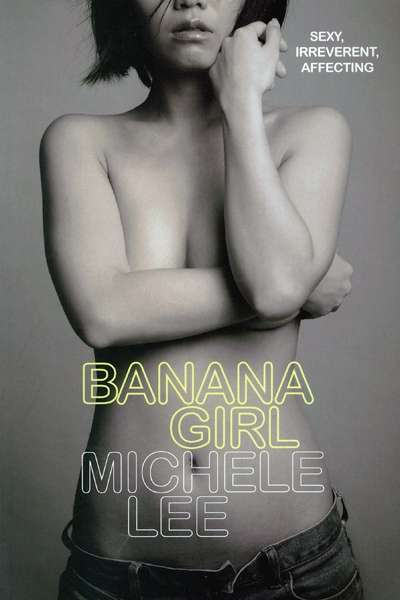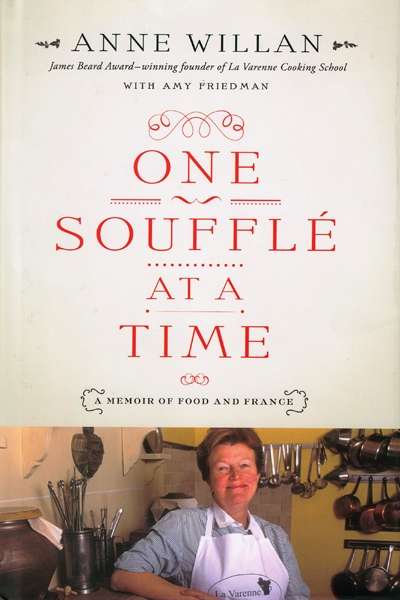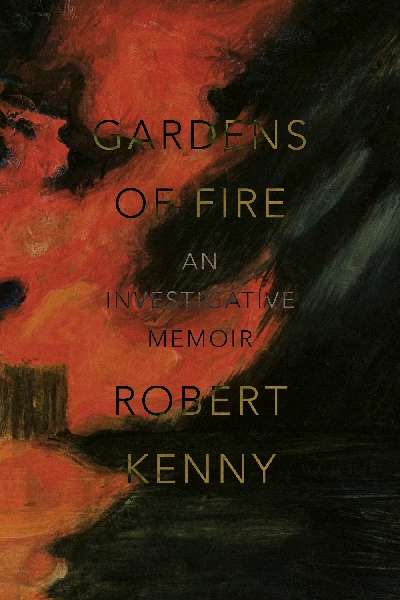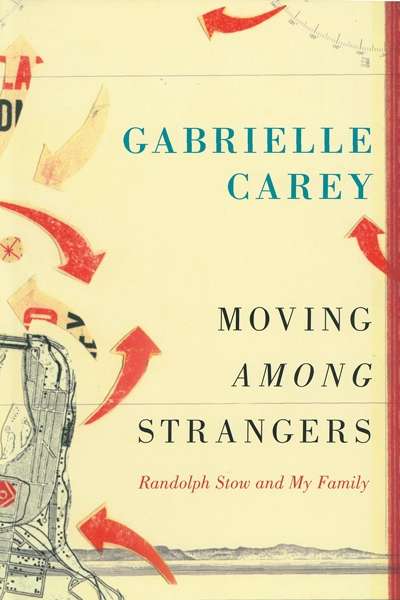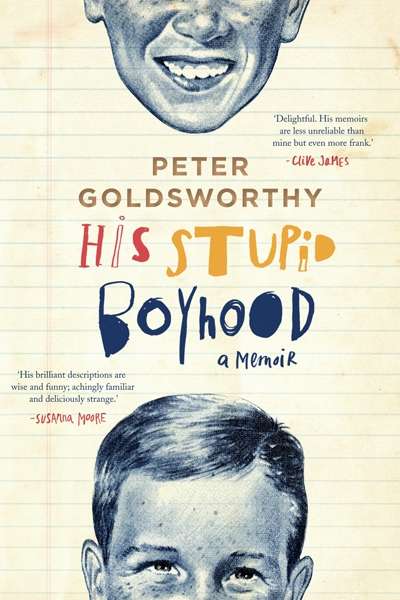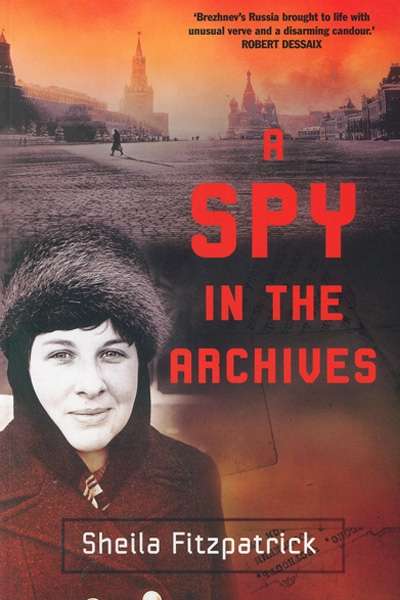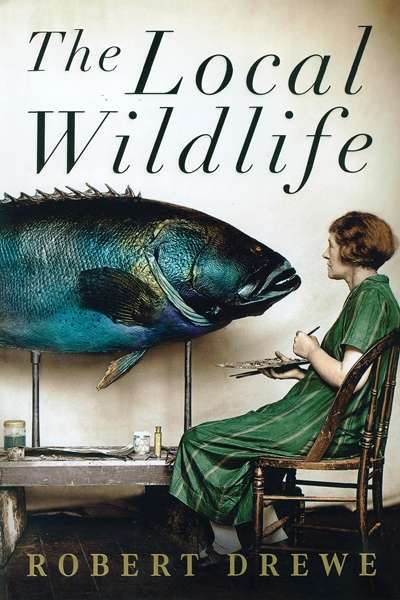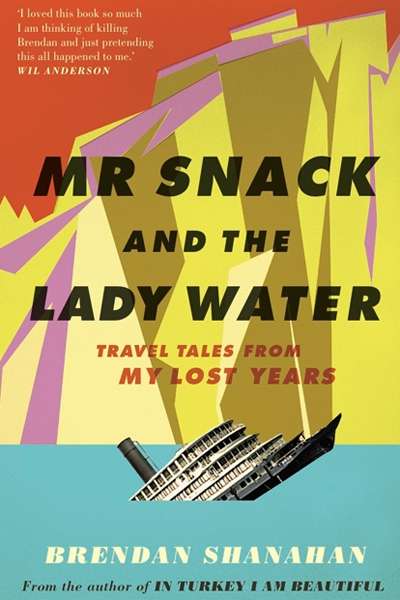Memoir
John Thompson examines Germaine Greer’s sober, meditative, deeply moving account of her efforts to regenerate sixty hectares of degraded rainforest in the Gold Coast hinterland.
... (read more)Writing a memoir at the age of thirty may seem like an exercise in self-indulgence: what wisdom could one possibly impart amid the universal tumultuousness of the Saturn Return? Seemingly aware of the predicament, the author of Banana Girl doesn’t pretend to deliver any answers, her memoir instead giving a more immediate snapshot into the life of a twenty-something; specifically, the life of Michele Lee, an Asian-Australian playwright on the cusp of thirty, living in Melbourne’s inner north.
... (read more)Last week I received an envelope in the mail, the address written in my father’s hand. My heart accelerated a little and it struck me as unseemly, at my age and in my circumstances, to be still so easily rattled by a parent.
... (read more)One Soufflé at a Time: A Memoir of food and France by Anne Willan
Not everyone’s father sends his daughter a brace of pheasants while she is studying economics at Cambridge. With a choice of two gas rings on which to cook them, Anne Willan eviscerated and plucked the birds, then used one gas ring to cook a pheasant casserole and the other to make a caramel custard that she ‘steamed over a galvanised tin laundry bucket’. She was, I’d guess, nineteen.
... (read more)Gardens of Fire: An Investigative Memoir by Robert Kenny
As I write this article in my Adelaide Hills home, surrounded by native eucalypts and introduced fruit trees, large areas in New South Wales are dealing with the consequences of some of the worst bushfires in recorded history. Remarkably, given the unseasonally extreme weather, the rugged terrain, and the ferocity of the fires themselves, there have been few human casualties. Nevertheless, the cost will be enormous, not only in terms of the physical reconstruction required, but also of the effort required for individuals and families to rebuild lives from the ruins of their destroyed habitations. I live in a bushfire-prone area, in a house that could not be easily defended in the inferno of a firestorm. We have made our plans. We think we know what to do in the face of the fire emergency we hope will never eventuate. But how would we cope in such a situation? In practice, we have no idea.
... (read more)Moving Among Strangers: Randolph Stow and My Family by Gabrielle Carey
When Gabrielle Carey wrote Puberty Blues (1979) with her school friend Kathy Lette, it was closely based on her own experience as a teenager. This initiated a writing career specialising in autobiography. Her novel The Borrowed Girl (1994) is based on her experience of living in a Mexican village, and So Many Selves (2006) is a personal memoir. Her new book extends the work of mourning and remembering her parents, which began with In My Father’s House (1994), an attempt to understand the suicide of her father, Alex Carey, and continued with Waiting Room (2009), an account of her mother Joan’s illness with a brain tumour.
... (read more)His Stupid Boyhood: A Memoir by Peter Goldsworthy
Italo Calvino once observed that the ideal condition for a writer is ‘close to anonymity’, adding that ‘the more the author’s figure invades the field, the more the world he portrays empties’. These comments about anonymity were made during an interview on Swiss television, no less. Calvino must have felt his imaginary worlds slipping away as he spoke ...
... (read more)When Sheila Fitzpatrick arrived in Oxford in 1964, with a couple of years of Russian language studies at Melbourne University and a Commonwealth Scholarship under her belt, she had more than a passing knowledge of Cold War spying. Her father, Brian Fitzpatrick, was a labour historian and well-known leftist who had advised the Labor Opposition leader H.V. Evatt ...
Pre-teen and early teen years had me and many others enjoying Ross Campbell’s witty column in the Sunday Telegraph newspaper about the goings-on in ‘Oxalis Cottage’, a fictionalised version of his Sydney home. Robert Drewe’s often hilarious columns for The Age and The Weekend West are a kind of modern equivalent, and a selection of them is brought together to form The Local Wildlife.
... (read more)Mr Snack and the Lady Water: Travel Tales from My Lost Years by Brendan Shanahan
Much travel is unpleasant (with over-expectations, too many tourists, and long distances from Australia), but even the sedentary or timorous persist with it in some ‘misguided duty to culture’, as Brendan Shanahan describes in his first collection of essays, Mr Snack and the Lady Water. Assembling journeys from the mid-1990s until now, Shanahan recounts stories that range from the inequities of post-Apartheid South Africa to his experience with so-called ‘dental tourism’ in the Philippines. The result of these peripatetic years has been, as the book’s subtitle suggests, largely uneventful: lost to the author and this reader alike.
... (read more)

